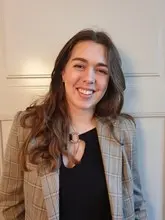Hanne Bess Boelsbjerg
Hanne Bess Boelsbjerg is trained in religions and public health researching faith, health, death, consciousness, spiritual care and alternative treatments. She holds a postdoc position at Interacting Minds Centre and the Department of Anthropology, AU. Here she is engaged in the ERC project: “Heart Openings: The Experience and Cultivation of Love in Buddhism, Christianity, and Islam” with a specific focus on Tibetan Buddhism and Christianity in Denmark. She applies a dialogical approach to co-create filmic material on lived experiences of love in connection to spiritual practices. Bess is a trained micro-phenomenologist, co-hosting the MP LAB with Claire Petitmengin, who developed the method. Bess has a strong commitment to explore liminal spaces. This has included people with incurable cancer with a Christian or Muslim belief in an afterlife. Also, the project Borderlands of living which traces uncertainties related to prognosis when unresponsive after a severe brain injury. Bess has contributed to the podcast “Døden” and public arrangement using aesthetic practices for dissemination, e.g., exploring the academic body through dance, embodying fieldwork, and writing (research) poems.
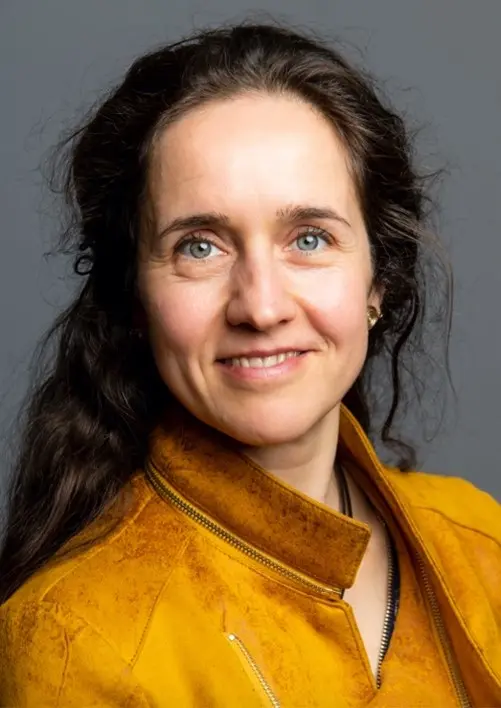
Susanne Højlund
Susanne Højlund is an associate professor at the Department of Anthropology at Aarhus University, researching taste, food culture, childhood, welfare, and hominess in Denmark and Cuba. Since the late 1990s, she has regularly worked with visual anthropology and has taken several courses on filmmaking and fieldwork from Manchester University, and from the Danish Kort- og Dokumentarfilmskole. She has taught and supervised students in design anthropology and mulitimodal methods, and for many years, she has taught visual anthropology and visual methods at a Ph.D. course at the Department of Health, Aarhus University. She produced the film Henrik, Linn and Fidel, and is currently working on a portrait documentary about Linn, a Danish-Cuban girl, trying to find a home in two (very different) countries.
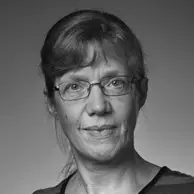
Peter Kærgaard Andersen
Peter Kærgaard Andersen is a Postdoctoral Researcher on the ‘North Atlantic Everyday Stories’ project.
He is an interdisciplinary researcher whose work blends artistic practice, participatory and socially engaged methodologies with thinking across post- and environmental humanities. Often drawing on situated and concrete encounters with communities, landscapes and archives, his research relates aesthetic and poetic experimentation to topics such as place, belonging, memory, time, technology and mobility. Using a range of new media apparatuses, including filmmaking, textiles, and photography, his work merges human and more-than-human perspectives. He holds a PhD in Digital Humanities from the University of Genova (2022).
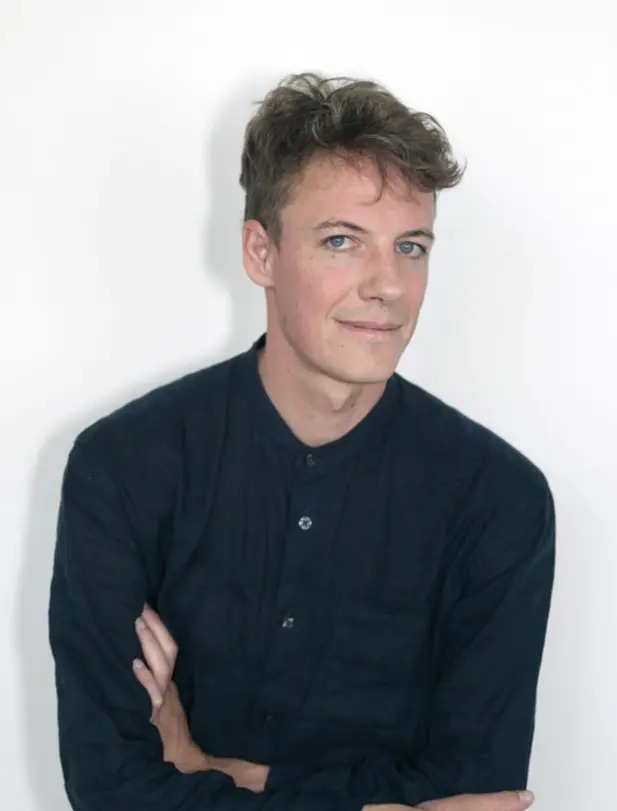
Lotte Meinert
Lotte Meinert is a Professor of Anthropology at Aarhus University. She has conducted research in Uganda since 1993 and has led research capacity-building projects in Uganda for 15 years. Her main fields of research include medical anthropology with a focus on lifeworlds and the pursuit of well-being across gender and generations, as well as changing human security situations: responses to transformative historical events such as the AIDS epidemic and armed conflict in Africa. Her book publications and edited volumes with colleagues include “Hopes in Friction: Schooling, Health, and Everyday Life in Uganda” (2008), “Ethnographies of Youth and Temporality: Time Objectified” (2014), “In the Event: Toward an Anthropology of Generic Moments” (2014), “Time Work: Studies of Temporal Agency Biosocial Worlds” (2020), and “Configuring Contagion: Ethnographies of Biosocial Epidemics” (2021). Additionally, she has worked on “This Land is Not for Sale: Trust and Transition in Northern Uganda” (2022).
Lotte is currently working on a book project called “Sharing Mountains: Ethical Change in Ik Land.” She serves as the Principal Investigator for the research project “Imagining Gender Futures in Uganda (IMAGENU)” and is the overall Principal Investigator for “Anthropology of Human Security in Africa (ANTHUSIA).” Within the project Imagining Gender Futures in Uganda, the group has collaboratively produced short debate films, such as “My Child’s Father” by Susan Reynolds Whyte and Enoch Segara and “Bride Service: Husbands Working for In-laws” by Lotte Meinert, Jacob Lochul, and Enoch Segara, as well as podcasts (by Nanna Schneidermann). In the ANTHUSIA project, Ph.D. students conducted a video-relay, interviewing collaborators from institutions they were working in and asked them to pass on a question to another Ph.D. student and collaborator.
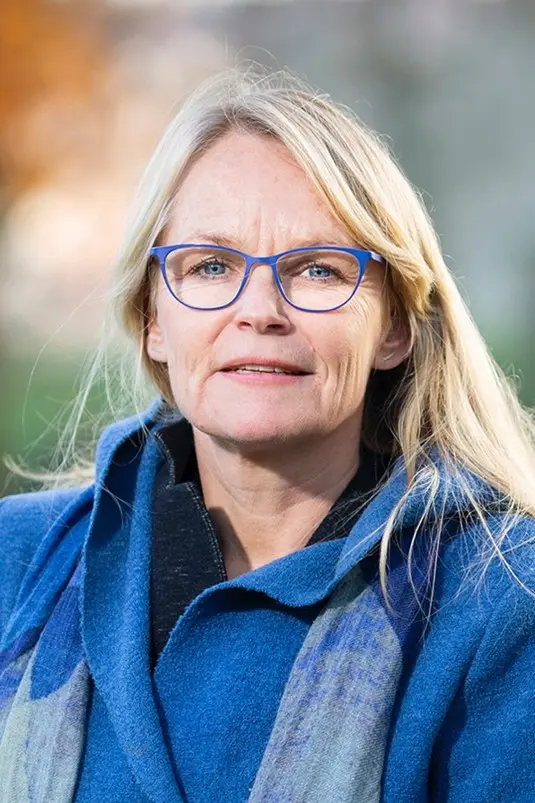
Ton Otto
Ton Otto, is professor emeritus at Aarhus University, Denmark. He has conducted long-term ethnographic field research in Papua New Guinea and has published widely on issues of social and cultural change with a focus on the relationship between religion, historicity and agency. From the start of his fieldwork, he has made extensive use of audio-visual media, and this has resulted in a number of exhibition and film productions, including the award-winning films ‘Ngat is dead’ (2009, with Christian Suhr and Steffen Dalsgaard) and ‘Unity through Culture’ (2011, with Christian Suhr).
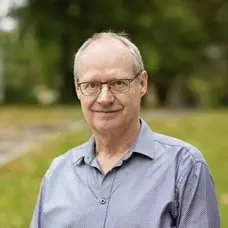
Katrine Pahuus
Katrine Pahuus is a PhD student of visual and multimodal anthropology at Aarhus University, who works on questions of divine connectivity, devotional communities, and Christian notions of love across geographies. She has conducted fieldwork for the past 3 years in churches and in affiliated organizations in Denmark and Tanzania, where she explores these questions in the context of personal life-worlds, community spaces and mission-driven projects. Katrine holds a master’s degree in visual anthropology from Aarhus University and works currently with audiovisual methods and dissemination as part of her PhD research. She is also a trained micro-phenomenologist, having studied with Claire Petitmengin, who developed the method. This research also contributes to the ERC project: “Heart Openings: The Experience and Cultivation of Love in Buddhism, Christianity, and Islam”. Katrine is also the creator behind the student community website at the Department of Anthropology, http://communitas.dk/, where she has also published a series of podcasts.
